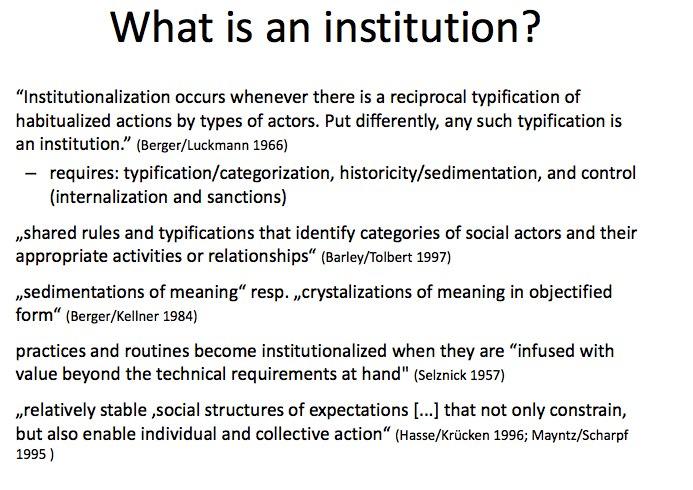so though i dont believe more then half of what rand paul believes -hes right on war drones and civil liberties RT @bcls4: @jason_howerton
— John Cusack (@johncusack) March 24, 2013
My immediate reply to John Cusack was that if you grant a libertarian his point about civil liberties you grant almost everything. But it may be more precise to say that you grant exactly half of it, at least as goes Ron Paul libertarians. The other half is foreign policy, for which the Drone War of course stands synecdochally. Either way, I don't think Cusack really disagrees with Rand Paul about "half of what he believes". I think (like many of us) he's just having a hard time letting go of that last tenth worth of sentimental attachment to the welfare state.
The argument for the drones is that they are part of an elaborate, pro-active, and more or less permanent act of self-defense. But is it really true that ... if the Empire pulled back to its sovereign territory, i.e., those fifty "united states" in North America, and guaranteed to its population at home the liberties it claims to be spreading abroad ... is it really true that the result would not be vibrant, free, caring communities, but, rather, communities overrun by foreign hordes that "hate freedom"?
I don't think so. I think the homeland would do just fine if it allowed communities to organize their creative and productive energies themselves through free, local collaboration. Obama once rejected the false choice between freedom and security. I must admit I was charmed. But I now see what he meant. A libertarian would have been (they no doubt were) worried, and rightly so. Because it actually is a choice.
90% of the problem is liberty and security. End the Drug War at home and the Drone War abroad and you solve it almost entire—again, at least synecdochally. To continue to insist that libertarians are "half wrong" is just another example of business as usual for War, Inc. The anarchist left, that is, must recognize that "End the Drug War at home and the Drone War abroad" also addresses, synecdochally, 90% of their concerns, and stop distinguishing itself from the so-called "right". Let's get it together. Let's get it done.
Post Script
What I'm saying is that, on matters of homeland security and foreign adventure, the left and the right are almost entirely in agreement. I mean the actual left and right, i.e., those who do not hold to what Norman Mailer called the "the pusillanimous sludge of liberal and conservative bankruptcies", namely, the center. (See this post, from a time when I was nurturing the hope that Obama would facilitate Mailer's "hip" coalition of left and right.)
What I am saying is that, if they really thought about it, the grass roots of the Tea Party and Occupy Wall Street would see that they agree on 90% of the issues. If they could begin with those issues, they would move America, and therefore the world, toward an audaciously hopeful future. It would not be the utopia that either of them imagine of course, mainly because it would not express their sentimental attachments to race and class (a complicated set of a attachments I don't want anyone to try to understand too quickly.) But they would also realize how little this utopia actually matters to them once they get down down to the ordinary work of building their communities, i.e., rebuilding them after the ravages of the last seven decades of incorporated war.
